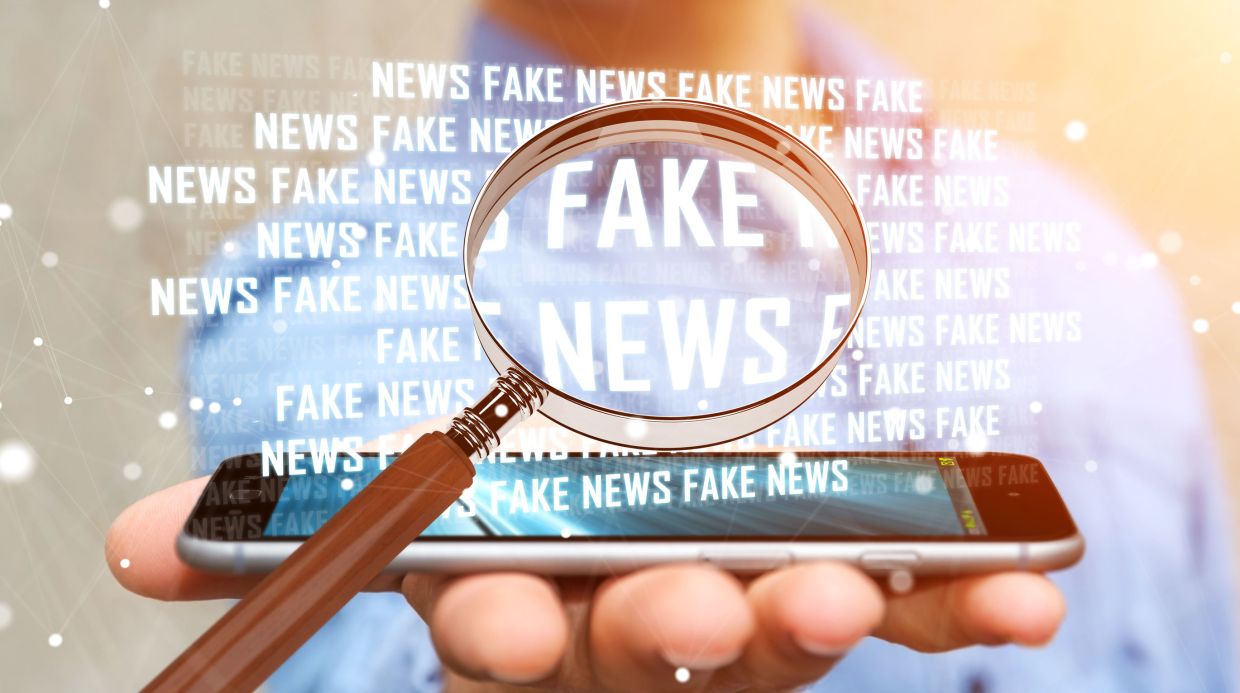The Rise of the ‘Fake Information Business’: Understanding the Spread and Impact of Disinformation
In today’s digital age, the proliferation of fake information has become a pressing concern. The ‘fake information business’ refers to the creation, dissemination, and exploitation of false or misleading content for various purposes, including political manipulation, financial gain, and social disruption. This article delves into the alarming rise of the ‘fake information business,’ its techniques, and the profound impact it has on individuals, society, and the broader information landscape.

1. The Anatomy of the ‘Fake Information Business’
The ‘fake information business’ involves a network of actors, including individuals, groups, and even state-sponsored entities, who create and distribute false information through various channels. These channels can include social media platforms, websites, and messaging apps.
2. Motivations Behind Fake Information
Understanding the motivations behind the ‘fake information business’ is essential to grasp its implications fully. Some spread false information to deceive or manipulate public opinion, while others do it for financial gain through advertising revenue or phishing scams.
3. Techniques of Disinformation
The ‘fake information business’ employs a range of techniques to spread disinformation effectively. These techniques include creating fake accounts, using bots to amplify content, and leveraging algorithmic manipulation to exploit social media algorithms.
4. The Impact on Democracy and Elections
The spread of fake information has had a profound impact on democratic processes and elections worldwide. It can sow doubt, polarize societies, and undermine trust in institutions, leading to potential long-term consequences for democratic governance.
5. Social Division and Discord
Fake information often plays on sensitive social issues and can exacerbate existing divisions within societies. It can create a hostile and polarized online environment, making it challenging to engage in constructive dialogue and find common ground.
6. Economic Consequences
The ‘fake information business’ can have economic consequences as well. Misleading financial information can lead to market manipulation, affecting investor confidence and causing economic instability.
7. Public Health and Misinformation
In the realm of public health, false information can be particularly dangerous. During health crises, such as the COVID-19 pandemic, fake information about treatments, vaccines, and preventive measures can spread rapidly, jeopardizing public health efforts.
8. Tackling the Challenge
Combating the ‘fake information business’ requires a multi-faceted approach. Social media platforms, governments, and civil society must collaborate to identify and address disinformation effectively.
9. Media Literacy and Education
Improving media literacy and critical thinking skills among the public is crucial to empower individuals to discern reliable information from fake information.
10. Technological Solutions
Advancements in artificial intelligence and machine learning can aid in the detection and removal of fake information, but striking a balance between content moderation and free speech remains a challenge.
11. Regulatory Measures
Many governments are exploring regulatory measures to hold platforms and actors accountable for the spread of false information. However, striking the right balance between regulation and freedom of expression is a complex task.
In conclusion, the rise of the ‘fake information business’ poses a significant threat to our information ecosystem, public discourse, and democratic principles. Understanding the motivations, techniques, and impact of disinformation is essential to develop effective strategies for combating it. Building media literacy, fostering critical thinking, and promoting ethical behavior in online spaces are crucial steps in countering the spread of fake information. By collectively addressing this pressing challenge, we can safeguard the integrity of information and strengthen the resilience of our societies in the digital era.